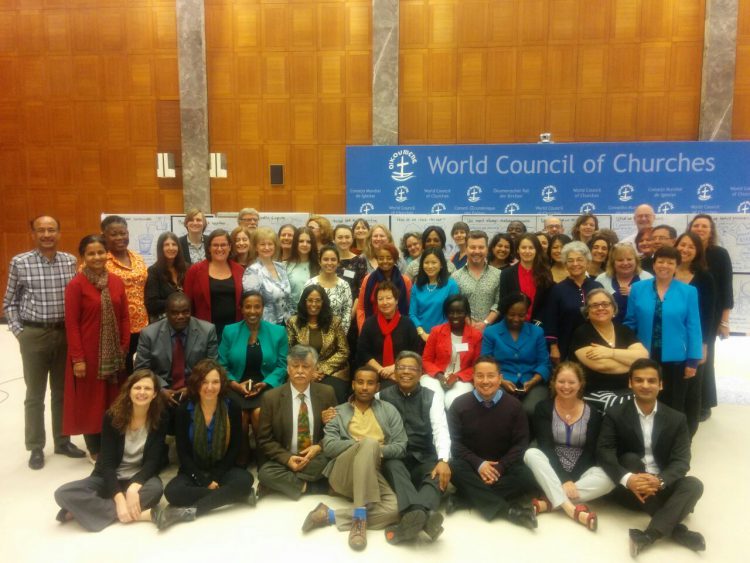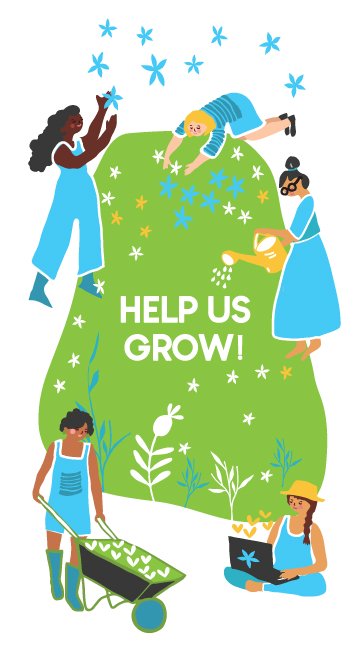At the International Conference on Population and Development, governments committed to promote the Sexual and Reproductive Health of Adolescents through policies and programmes. Twenty years on, in many countries, Adolescent Sexual and Reproductive Health (ASRH) policies and strategies are in place.
Although in many countries minimal government effort is underway, there are a small, but not an insignificant number of low and middle-income countries where more intensive government led efforts are underway to provide sexuality education and user-friendly services to adolescents.
On Monday April 4th to 6th of 2016, I was fortunate enough to attend a “Global consultation to draw out lessons learned from the first generation of scaled up adolescent Sexual and Reproductive Health programs” which was held at the Ecumenical Centre in Geneva, Switzerland. In attendance were major players and experts in the field of Adolescent Sexual and Reproductive Health which included representations from; about 14 low and middle income countries, International Non-Governmental Organizations (NGOs), bi-lateral agencies and foundations, United Nations Agencies, Academics and WHO.

The main focus of the meeting was to draw out lessons learned from the first generation of scaled up Adolescent and Sexual Reproductive Health programs – both programmatic achievements as well as challenges experienced. During the consultation, countries presented on various areas and themes which were vital to the scaling up of programs. What are the windows of opportunity, support and resistance, scale-up approach, players, resources, sustainability, unravelling, quality and equity?
It was evident that in the scaling up of Adolescent Sexual and Reproductive Health, young people need and have to be actively engaged from the beginning in the scale-up along with planning, research, programme, implementation and monitoring and evaluation.
Despite the considerable progress made towards the Millennium Development Goals related to health, we are still failing adolescents. Why? Because we cherish myths and impose adult values and this is evident in our health care systems that serve adults and small children better than they do adolescents.
Moving forward, we realize that a lot has been done and is still done in providing Comprehensive Sexuality Education (CSE) to adolescents in Nigeria with support and assistance from NGO’s like Action Health Incorporated and Government Ministries like the Ministry of Education. However, there is still a great need to scale up our Youth Friendly Health Services (YFHS) because both CSE and YFHS are essential, CSE generates demand and YFHS provides supply, one cannot work without the other. Governments need to wake up to their responsibility by providing funds to make this a reality. Additionally, NGOs and Civil Society need to work together to ensure that adolescents are provided with quality YFHS.
Most importantly, I cannot stress enough how young people need to be actively engaged from the beginning. It is a right for young people to assess youth friendly health services, but how can that right be exercised if there are no facilities and structures put in place?
Hence, structures should be put in place for adolescents to be able to exercise their rights to accessing YFHS. Also the Youth friendly service providers should be; friendly and approachable to young people, confidentiality should and must be guaranteed. There is the need for greater advocacy efforts targeted towards adolescents so that they can be aware of these services and use them, if they so wish. Most importantly, these youth friendly services should be affordable for young people.
Finally, it’s high time that we start training young leaders and not just peer educators because the future of the world rests on the shoulders of this 1.8 billion young people. Geneva was fun, educating, and full of lessons to bring back home with lots of opportunities to explore.
It’s an experience worth reliving. What I tell my fellow young people is this, “what mark or imprint would you leave on the sands of time when you are gone?”
by Elizabeth Williams from Action Health Incorporated, Nigeria






